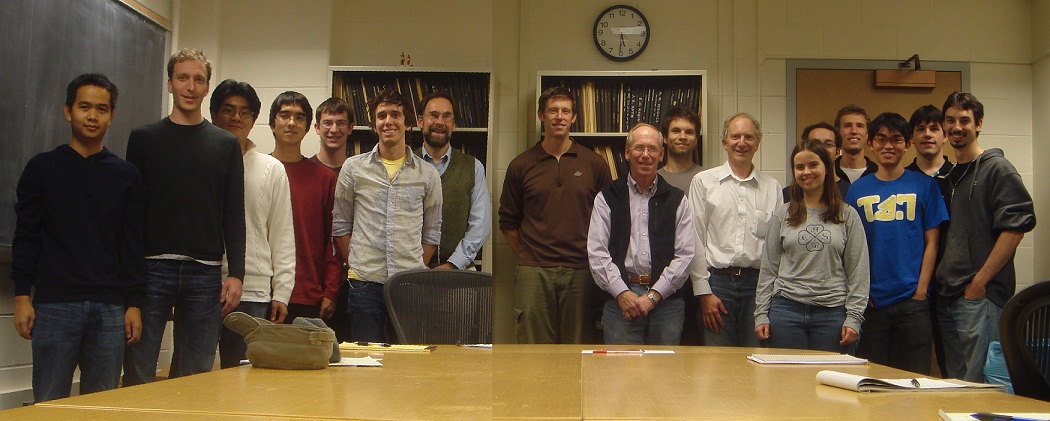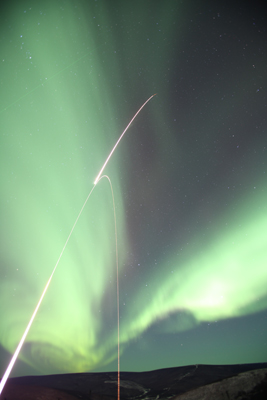GPS Laboratory
School of Electrical and Computer Engineering
and Sibley School of Mechanical and Aerospace Engineering
Cornell University

The Global Positioning System Laboratory (GPSL) at Cornell University investigates Global Navigation Satellite Signals for the purpose of remote sensing of the space environment, to improve the reliability and integrity of GPS positioning in the presence of space weather, to detect and mitigate jamming and spoofing of GPS, and to advance GNSS receiver technology. GPSL is an interdisciplinary group composed of faculty, students, and staff who design and build GPS receivers, evaluate and test these receivers in both terrestrial and space environments, and teach courses in the design of GPS receivers.
The GPSL, along with the School of Electrical and Computer Engineering and the Sibley School of Mechanical and Aerospace Engineering, sponsor courses in receiver design and a weekly seminar. GPS Receiver Design: Theory and Design (ECE/MAE 4150) is an introduction into GPS receiver technology and algorithms starting with the GPS observables, and concluding with the determination of position and errors using MATLAB algorithms. Advanced GPS Receiver Design (MAE 6950) begins with the GPS signal digitized at base band and develops algorithms for acquisition, tracking, and extraction of the GPS observables.
Graduate research is directed by individual faculty members but often students will work with multiple faculty members to achieve their goals. Dissertation topics include development of software receivers and algorithms for advanced applications such as precision navigation in space, imaging of ionospheric irregularities, evaluation of the effects of space weather, and optimal acquisition and tracking.
Recent Cornell-led Magnetosphere-Ionosphere Coupling in the Alfven resonator (MICA) mission:

